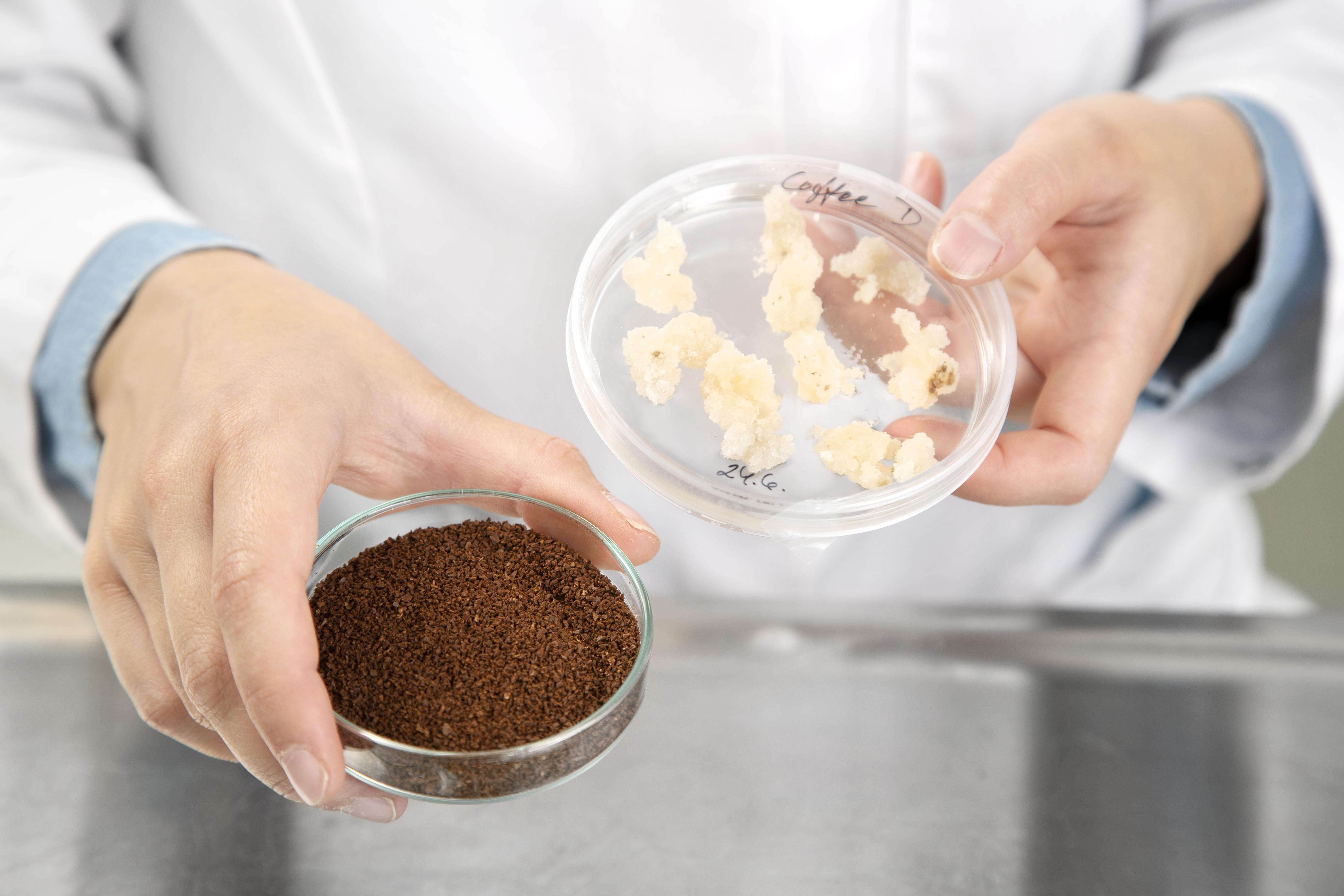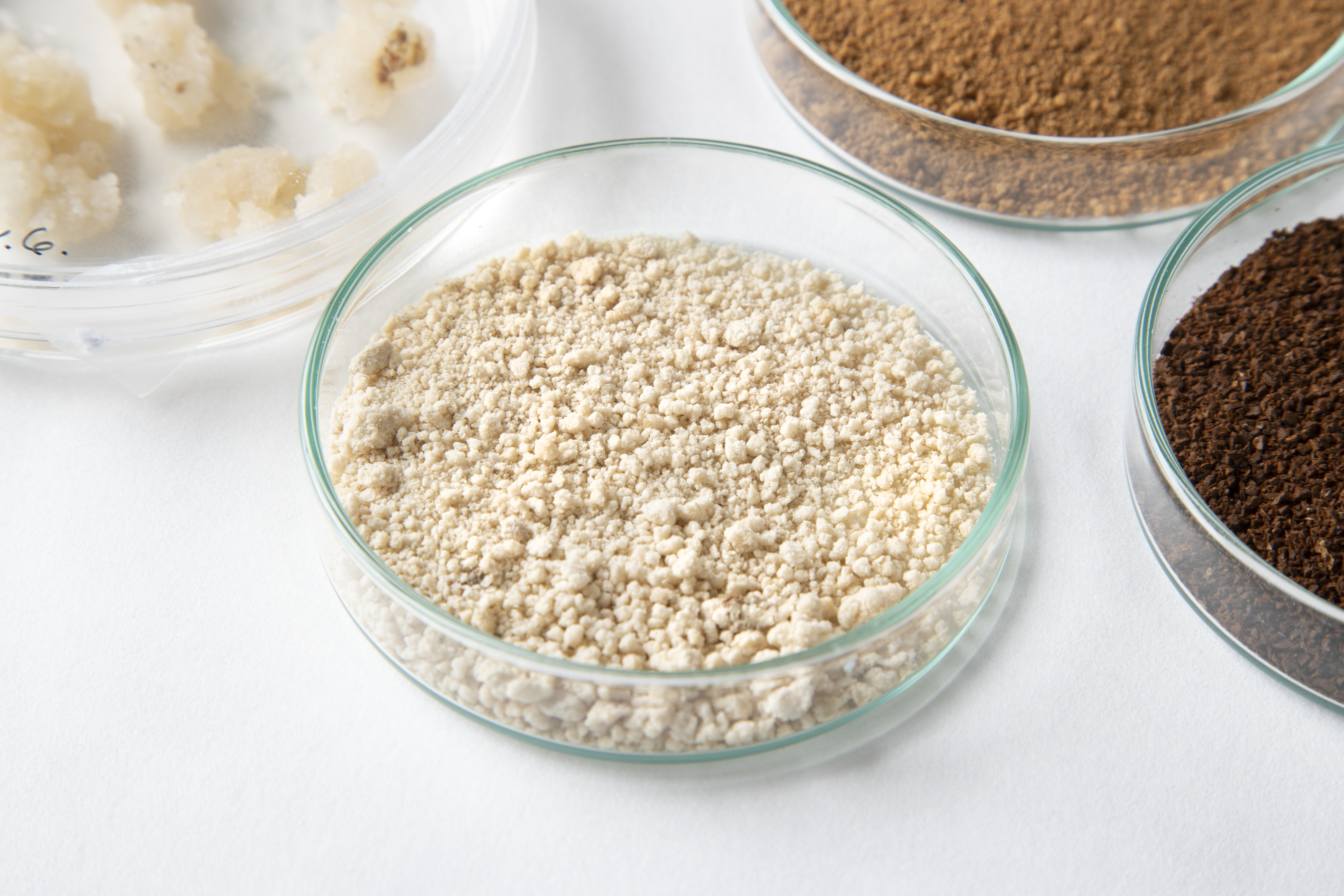Sun 17 October 2021:
Instead of coffee beans, cell cultures are used to make lab-grown coffee.
In four years, it might receive regulatory approval in Europe and the United States. The breakthrough could open the door for a commercialized product with a much less climate impact than the normal coffee.
In response to the industry’s issues, scientists are working to manufacture and commercialize coffee made without coffee beans. The coffee was created by Finland’s VTT Technical Research Centre.
The VTT Technical Research Centre of Finland may have come up with a more sustainable alternative to growing coffee beans: lab-grown coffee from cell cultures. Read more here: https://t.co/AgZ7X04ZYd ☕️ pic.twitter.com/imp6MyEiTs
— Reuters Science News (@ReutersScience) October 14, 2021
This coffee is grown by floating cell cultures in bioreactors filled with a nutrient. This process requires no pesticides and has a much lower water footprint. It can also be produced in local markets, so it cuts the transport emissions too. The firm is working on a life cycle analysis of the process.
Beanless coffee is also being developed by startups in the United States. Atomo Coffee, based in Seattle, launched what it called the world’s first “molecular coffee” in a one-day online pop-up.

Coffee cell cultures (right) and roasted coffee produced by VTT’s cellular agriculture method.
The startup, which has raised $11.5m, makes its coffee by converting the compounds from plant waste into the same compounds contained in green coffee. Ingredients, including date seed extracts, chicory root, grape skin as well as caffeine, are roasted, ground and brewed.
This method results in 93% lower carbon emissions and 94% less water use than conventional coffee production, as well as no deforestation, according to Atomo.

Dried coffee cell biomass.
Although lab-grown coffee and other alternatives appear promising, it’s uncertain how many people would be ready to forego their regular coffee in exchange.
While lab-grown coffee shows real promise, said Sylvain Charlebois, a professor in food distribution and policy at Dalhousie University in Halifax, Nova Scotia, the politics should not be underestimated, especially as so many farmers depend on conventional methods of producing crops and many of them live in developing economies. “Scalability is not an issue for lab-grown coffee,” he said, “but regulations and general acceptance of the technology will be greater challenges.”
_____________________________________________________________________________
FOLLOW INDEPENDENT PRESS:
TWITTER (CLICK HERE)
https://twitter.com/IpIndependent
FACEBOOK (CLICK HERE)
https://web.facebook.com/ipindependent
Think your friends would be interested? Share this story!





